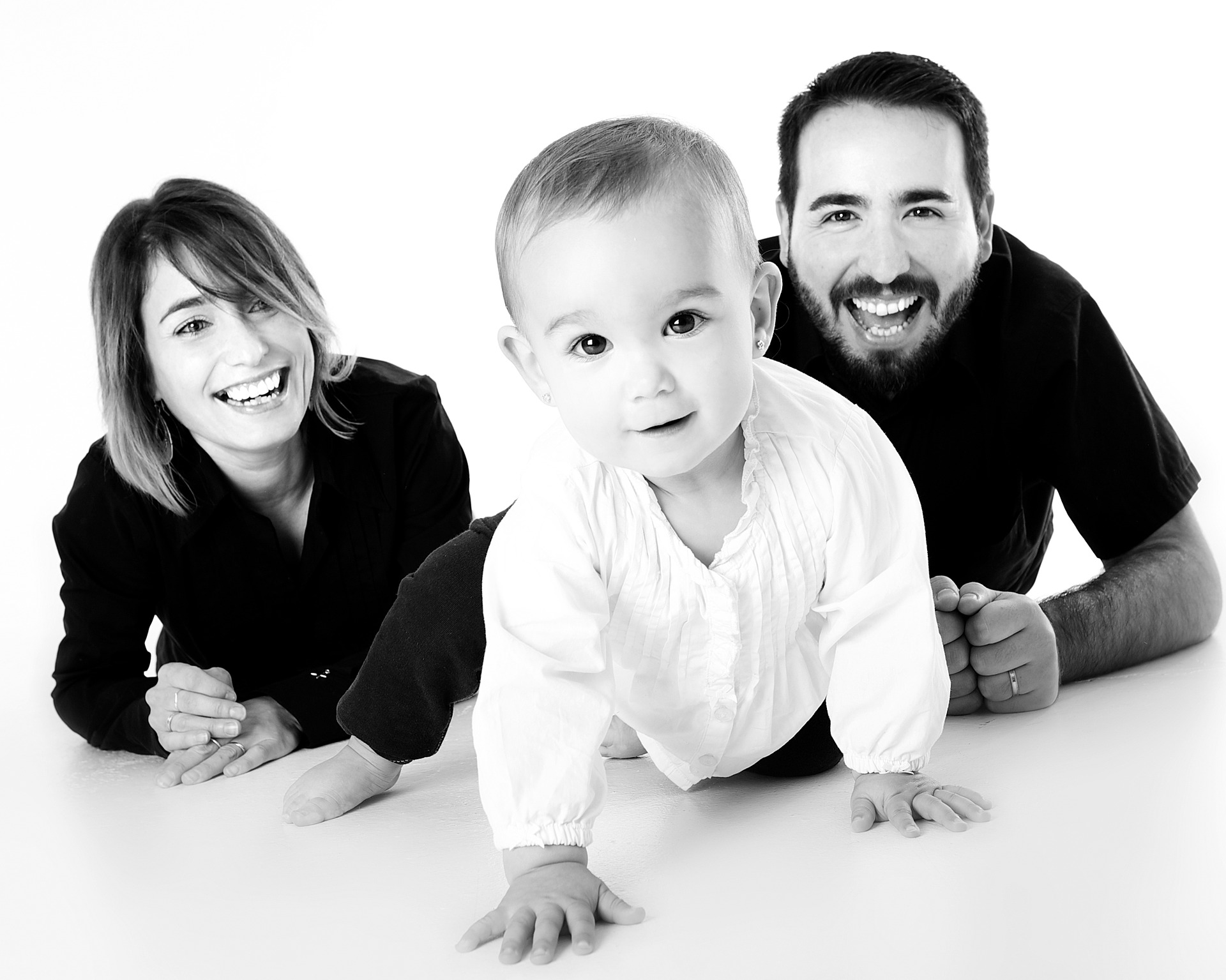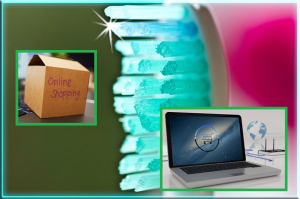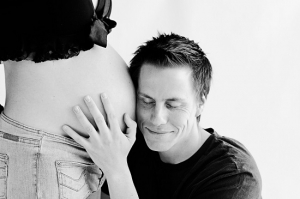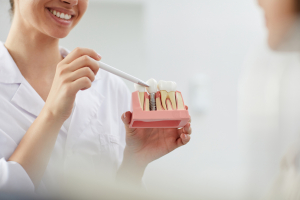Smiling is healthy for the teeth
A smile can be worth and can express more than any friendly word and is therefore one of our most effective means of communication. It is innate and normally emerges during the fourth week of a baby's life. A smile strengthens the bond between children and parents early on and its positive impact on interpersonal relationships translates well into adulthood. However, how does a smile affect one's health and is every smile the same? Let us find out!The many shapes of a smile
According to some researchers, a smile can come in one of 150 forms which can include warm, friendly, derisive, or even embarrassed and uncomfortable. Thanks to its very strong expressiveness, a smile can completely change the tone of any given situation (e.g., it can be a positive signal when meeting someone new) or even create a completely new situation (e.g., when trying a new pickup line on a pretty girl in a coffee shop). In medicine, a smile is also a very potent way to put worried patients at ease and can make a huge difference by giving them a feeling of security.While we are children, we easily smile several 100 times per day. Unfortunately, we seem to feel less like smiling once we grow up because working adults smile merely 20-30 times per day. Fortunately, smiling and laughing are virtually contagious and therefore often make bystanders smile and laugh as well, even if they have no idea about the context that led to the smile or laugh in the first place.

The difference between a good and a bad smile
Most likely, the following will not be a surprise to anyone: a smile can be either good or bad from the perspective of one's health. Though we generally tend to smile only in positive situations, our adult lives often demand that we appear happy even at times when we may feel just the opposite. For a very long time, psychologists doubted whether smiling can actually have an effect on the psychological and physiological well-being of a human being until a scientific study conducted at the University of California successfully proved the connection between smiling and the general health condition of a person.An earnest smile has a positive effect on the health of a person and can significantly improve the mood of people around because, as many people say, a nice smile is contagious. Such a bright smile is also called a Duchenne Smile - named after the French neurophysiologist Guillaume-Benjamin Duchenne who determined already in 1862 that an authentic smile can promote better health. In particular, Duchenne's research found that a smile that only engages the muscles around the mouth, but not those around the eyes, does not have beneficial effects on one's health. In short: a smile is only genuine when the eyes "smile" as well.
On the contrary, inauthentic smiling can even harm one's health. This is becoming increasingly worse nowadays because many of us feel quasi pressured into magically conjuring up a smile in certain social situations (e.g., with colleagues or customers). In such moments, the smiling person suppresses his or her true feelings and thereby builds up mental ballast which leads to stress that in turn needs to be released at a later time (usually after work). Therefore, many of us reach for a bottle or for a cigarette which can harm one's health even more and in a much more direct way. Additional negative effects include depression, high blood pressure, or other problems with the circulatory system. Such fake smiles occur particularly often in certain work environments that heavily rely on interpersonal contact (e.g., flight attendants, consultants, sales professionals).
So just keep smiling – as long as it is authentic!

In the meantime, we would love to hear from you – please leave any thoughts and feedback in the comment box below and get your free subscription to our blog right here online.


